Project Description
Short-stemmed Russula
(Russula Brevipes)
Other Names
Short-stalked Russula, Stubby Brittlegill
Cap
7-30 cm. Rounded with a central depression and a wavy edge. White to cream, often with brown stains.
Gills
Very crowded, with many short gills interspersed among the long gills, decurrent onto the stem, white.
Stem
2-8 cm long x 2-5 cm wide, white.
Spore Print
White to Cream
Edibility
Although edible, Russula brevipes mushrooms have a bland or bitter flavor. They become more palatable once parasitized by the ascomycete fungus Hypomyces lactifluorum, a bright orange mold that covers the fruit body and transforms them into lobster mushrooms. Some specimens of Russula brevipes taste good while others are ‘down right awful’.
Avoid eating acrid/hot specimens, which may be cascade russulas rather than short-stemmed russulas. Eating acrid/hot russulas has been associated with gastrointestinal upsets.
Short-stalked russulas have no known toxins but illnesses are occasionally reported by individuals with unusual sensitivities.
Full Description
Odour: Mild.
Taste: Mild to acrid.
Cap: 7–30 cm in diameter. The cap starts out rounded with a central depression, and becomes more vase-like depressed with a wavy edge. The colour is white to cream, often with brown stains. In the forest, caps can be completely invisible, making only a bulge covered by duff and soil. Some of the cover of litter usually remains adhering to the cap.
Gills: Very crowded, with many short gills interspersed among the long gills, decurrent onto the stem, white.
Stem: 2-8 cm long x 2-5 cm wide, white.
Ring or veil: None.
Cup: None.
Spores: 8-10 x 6.5-9 µm, with scattered warts. White to cream coloured when taking a spore print.
Habitat: In all kinds of forests, both with oaks (Quercus spp.) and with conifers including pines (Pinus spp.), and Douglas fir (Pseudotsuga menziesii), often only visible as a raised piece of forest floor; ectomycorrhizal.
Geographical distribution: The species in a broad sense has worldwide distribution. Regionally, the short-stalked russula found throughout Northern Ontario, and is found as far north-west as Alaska and British Columbia.
Toxicity Treatment
Contact your regional Poison Control Centre if you or someone you know is ill after eating russulas. Poison Centres provide free, expert medical advice 24 hours a day, seven days a week. If possible, save the mushrooms or some of the leftover food containing the mushrooms to help confirm identification.
Ontario Poison Centre
1-800-268-9017
Poison Control Centres – Canada Wide
https://www.aboutkidshealth.ca/Article?contentid=1121&language=English

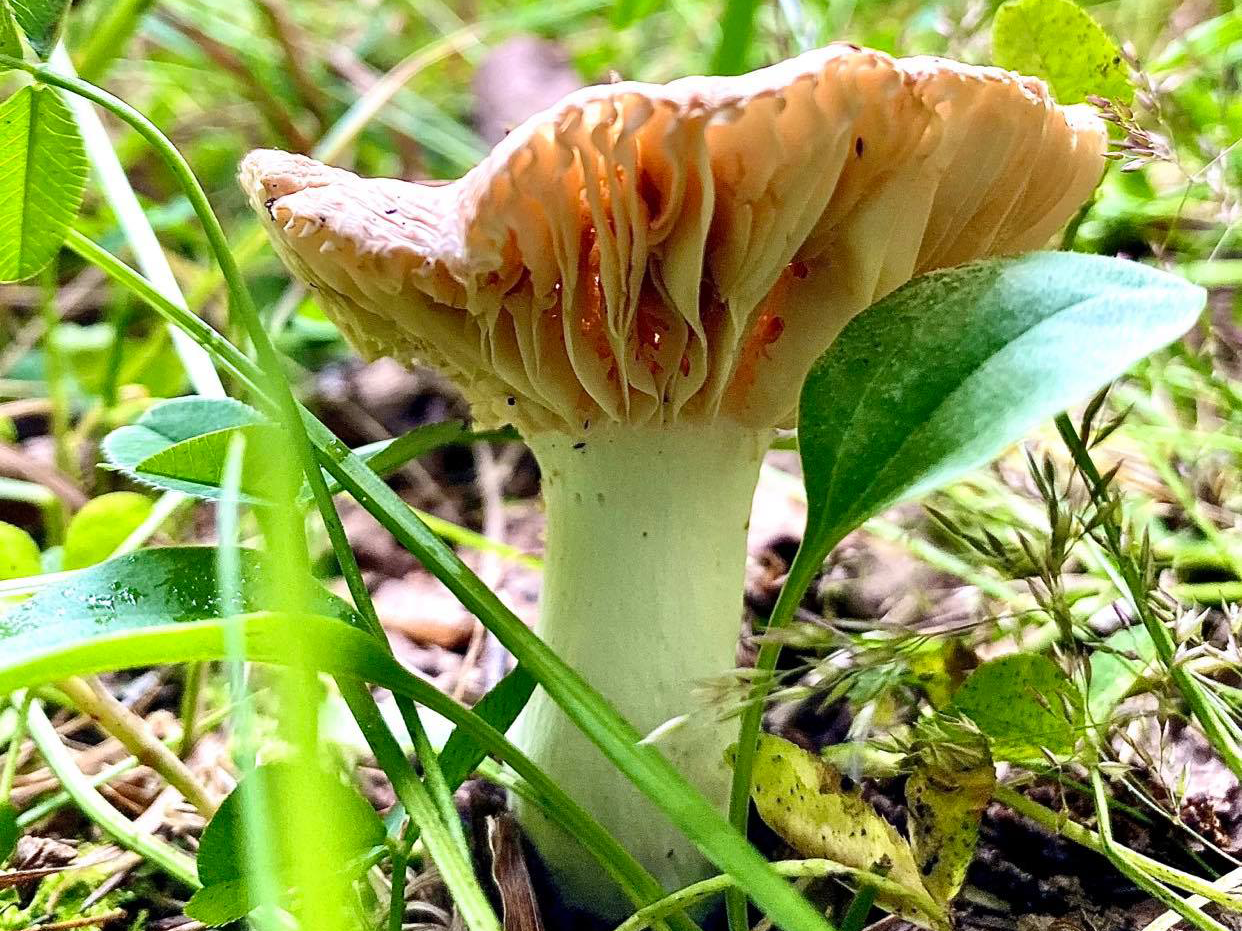
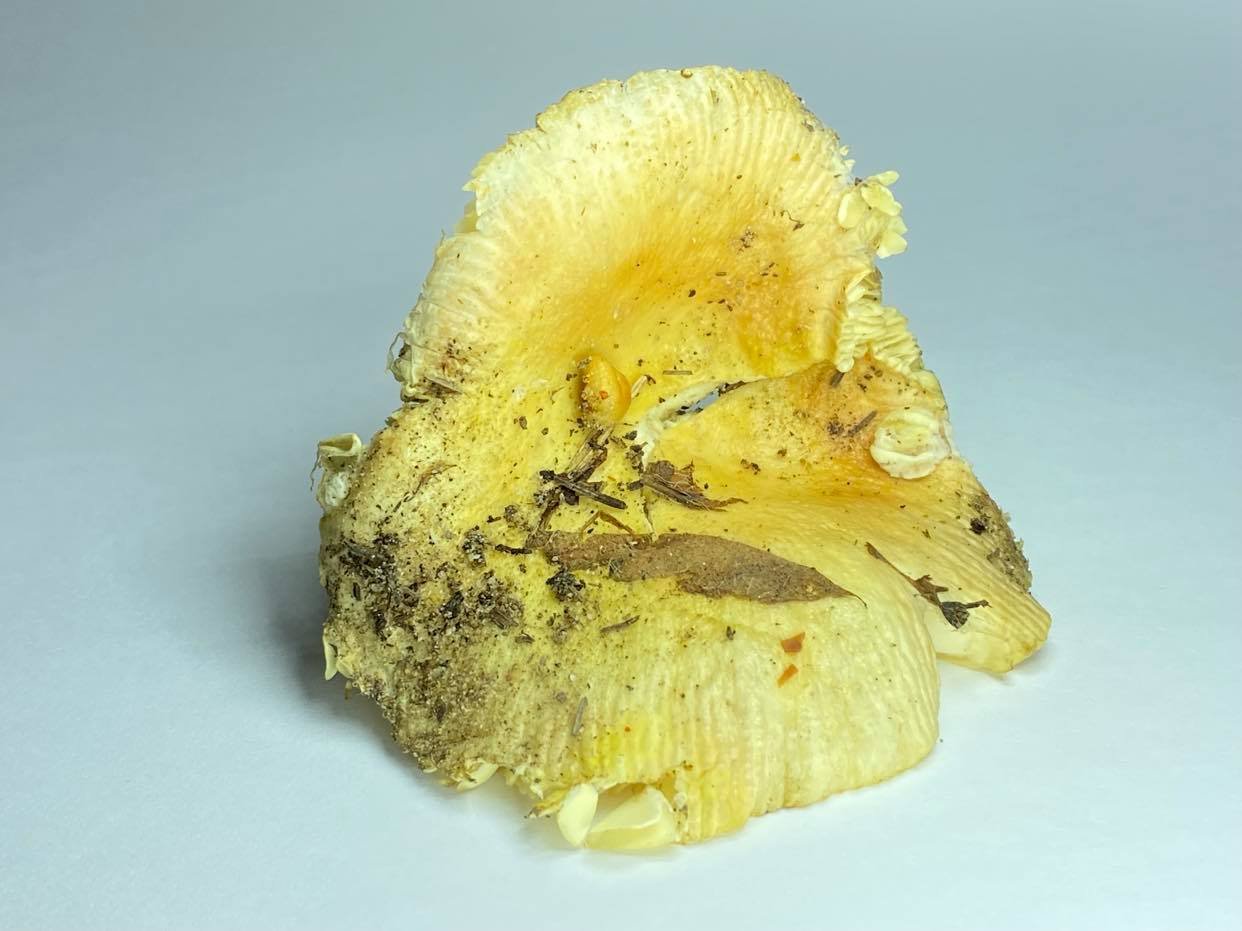
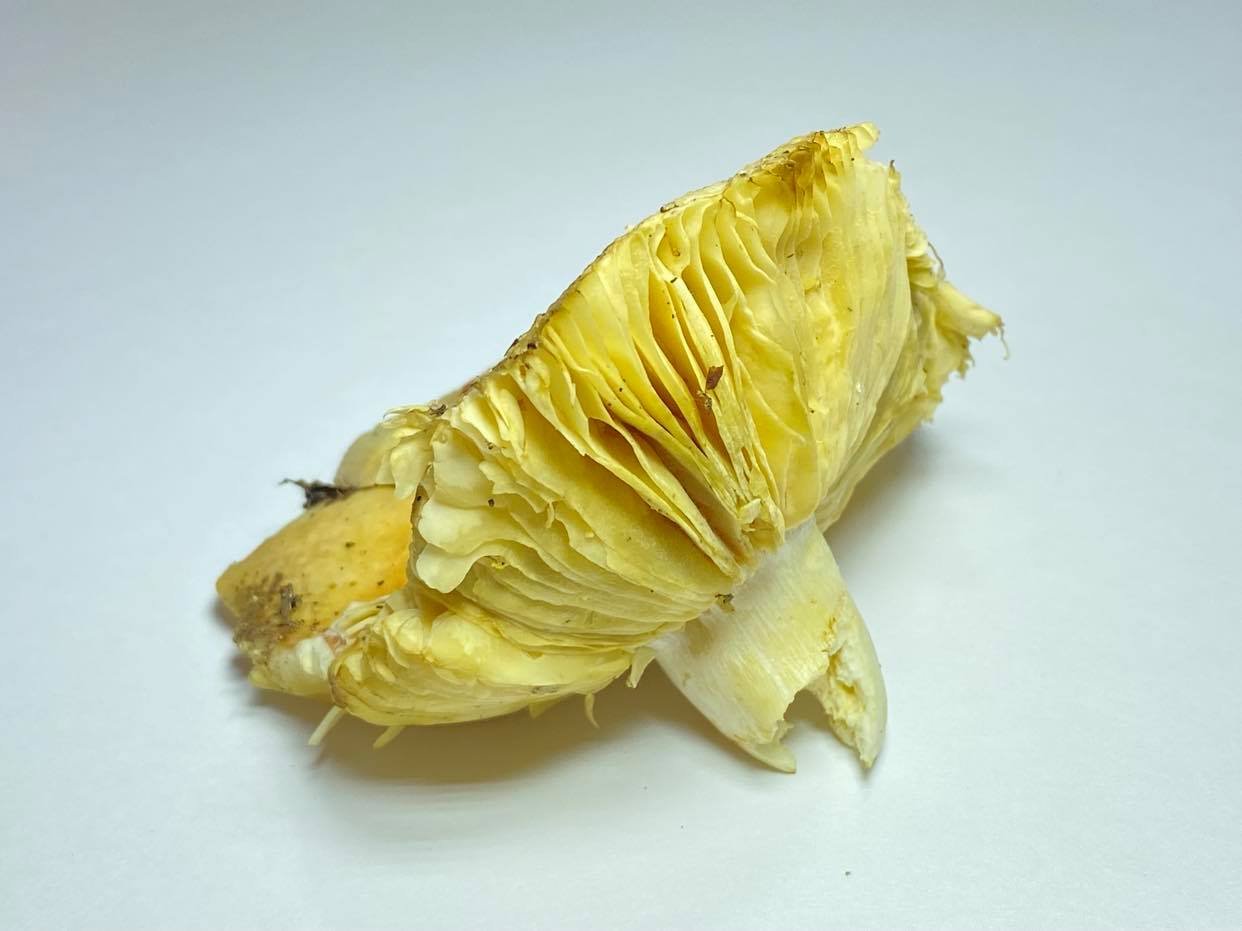
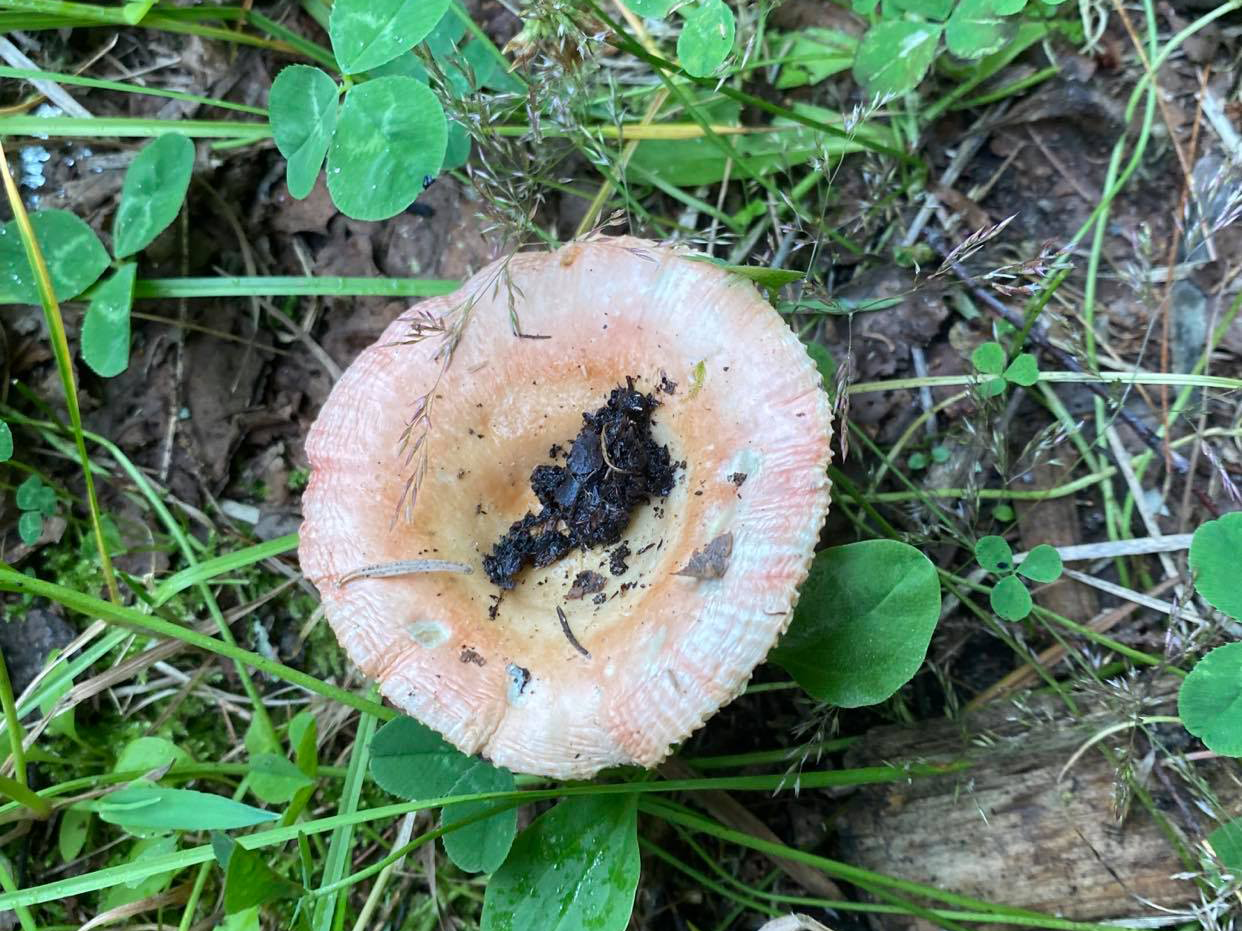
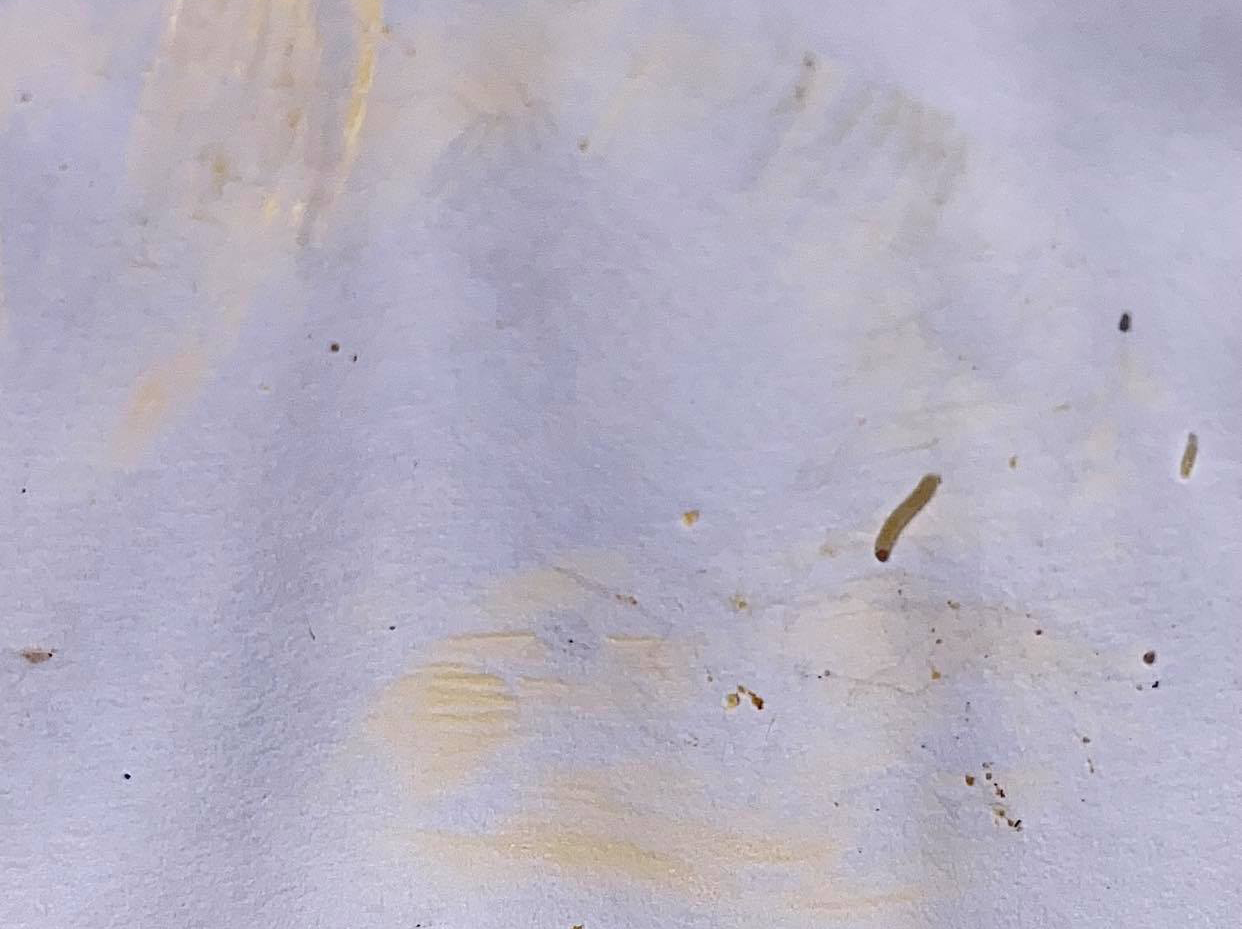
Leave A Comment